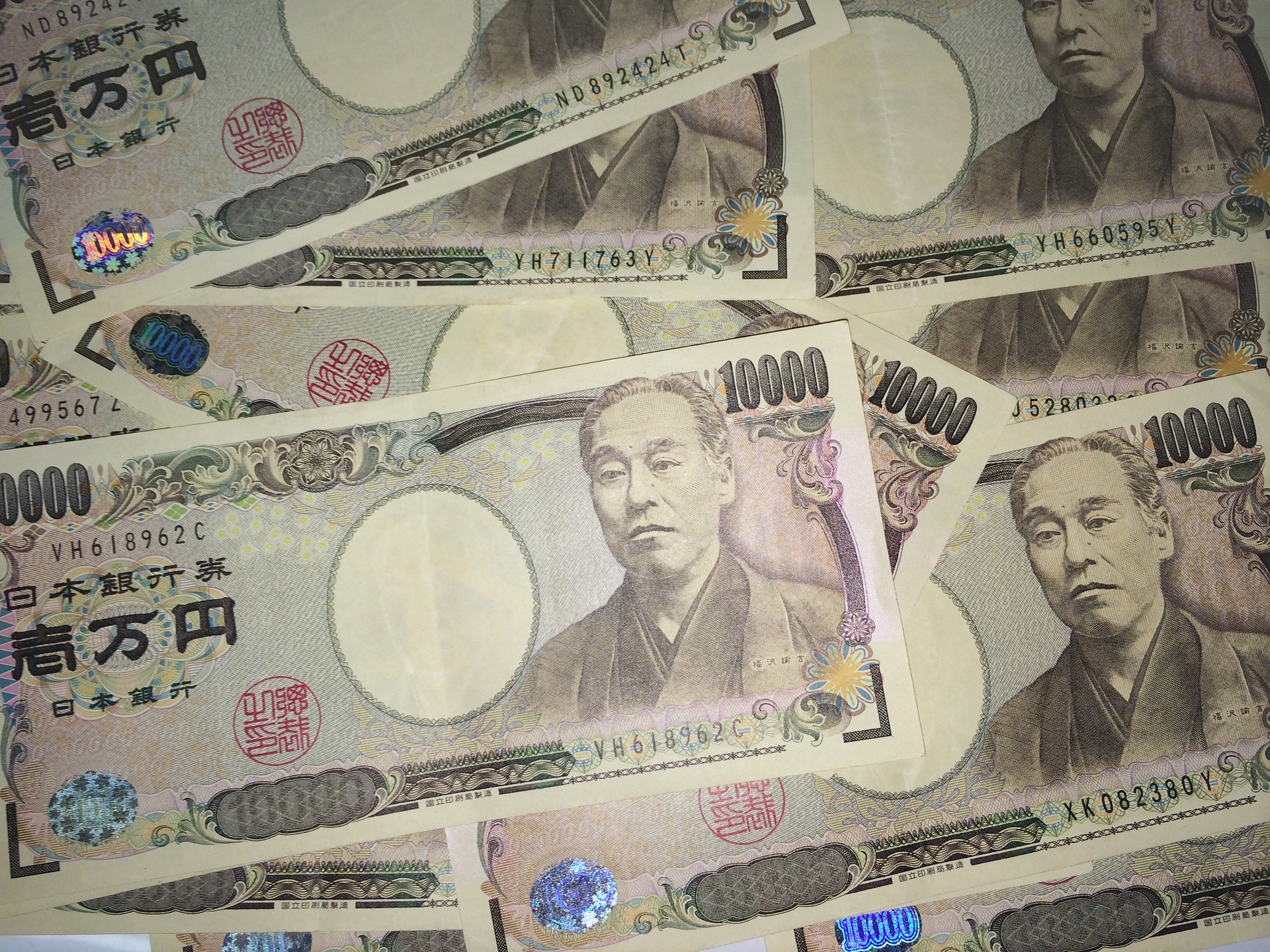Swissquote: USDJPY tips a toe below 150, euro CPI in focus
Swissquote: USDJPY tips a toe below 150, euro CPI in focus

The chip makers around the world felt the relief of a rumour suggesting that the sales curb to China could be less severe than previously expected. But the news didn’t necessarily translated in a strong rally.
ASML - Europe’s biggest chip equipment maker that predicted a 30% fall to its Chinese revenue next year - closed 0.22% lower yesterday, while Tokyo Electron – which was up by more than 6% yesterday - couldn’t extend gains at today’s session.
With US markets paused for the Thanksgiving break, France was at the heart of the attention yesterday. The political drama, there, only got worst as Michel Barnier gave concessions to Marine Le Pen – who only asked more of them. Barnier dropped plans to increase taxes on electricity, but Le Pen’s party also wants him to drop the plans to reduce drug reimbursement, help small and medium companies compete better and index pensions on inflation starting from January 1st.
The demands are nice - and they have the merit to please the French voters who, as everyone else, are dealing with inflation and cost-of-living crisis - but Le Pen’s demands cost money. And the growing French deficit doesn’t allow the French government to spend that money, please or not. The country’s debt-to-GDP stands near 5.5% today, well above the EU’s 3% target.
Pushing for spending the money that you don’t have doesn’t always bode well with investors – except if you’re named after the US. Remember, Liz Truss wanted to offer the Brits significant tax cuts two years ago, and all she got was a mini financial crisis.
This is what we sense from the market reaction to Le Pen’s threats that she would vote Barnier’s government down if he doesn’t give Le Pen what she wants. The French 10-year yield eased while CAC 40 was in a better mood. But the political uncertainties in France will certainly keep volatility high across French-denominated assets into the year end.
For the euro, we don’t yet see a major impact of French political shenanigans, but the French touch is not necessarily a positive one. The EURUSD swung between gains and losses yesterday, caught between mixed inflation data from Spain and Germany. Inflation in Spain ticked higher – from 1.8% to 2.4% in November, while price pressures in Germany came in softer-than-expected thanks to softer food prices.
This divergence in the bloc's largest economies left traders uncertain about the European Central Bank’s (ECB) next moves. Dues this morning, the EZ aggregate inflation data is expected to print an uptick in price pressures. A softer-than-expected read will certainly keep the ECB doves in charge of the market and cap the euro appetite limited into the 1.06 psychological level, while a stronger-than-expected number should encourage the euro bulls to push for a further recovery. But in both cases, the EURUSD will remain in a bearish trend below 1.0672 – the major 38.2% Fibonacci retracement on September to November selloff.
Speaking of inflation, inflation in Tokyo came in stronger than expected in November, industrial production advanced 3%, almost the double of expectations but came in lower than expected, while retail sales grew sensibly softer than expected. But traders focuses on Tokyo inflation that backed the growing expectation that the Bank of Japan (BoJ) would hike rates in the December meeting. As such, the rise of the hawkish BoJ expectations shortly pushed the USDJPY below the 150 mark. I believe that a sustainable move below this level is possible, if the BoJ goes ahead and hikes rates in its December 18-19 meeting.
In energy, there is hesitation about what to do at the current levels. The latest news suggests that OPEC+ will delay its decision time from Sunday to December 5th. It appears that the cartel members need more time to discuss about what to do about their plans to restore production. It is clear that extending production cuts deep into next year is the only option to prevent boosting the supply gut in global markets – and keep the downside in prices limited at a time of easing geopolitical tensions in the Middle East.
